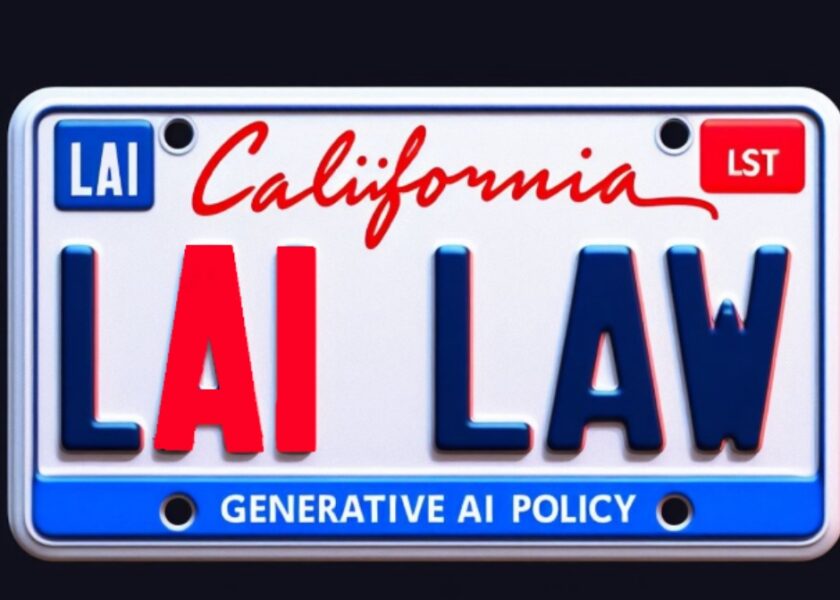With the rise of online retail, there has been a corresponding increase in the amount of infringement of Intellectual Property rights on the internet.
Given that websites can be viewed from anywhere in the world with an internet connection, it is possible that a website operator located abroad could either deliberately or inadvertently use a similar or identical mark to your UK registered trade mark in respect of its own goods. In those circumstances, can you bring a claim for trade mark infringement against the foreign website operator?
Is Zelda yours…?
By way of an example, imagine you have created your own range of leather handbags which you sell online under your brand name “Zelda”. You registered a UK trade mark for the word “Zelda”. While carrying out some online searches to check your SEO positioning, you discover that another website operated by a business based in the US is also selling a particular type of bag which it has named “Zelda”. Does the fact that the website can be viewed from the UK mean that the US website operating is infringing on your UK registered trade marks?
Let’s find out!
What do the courts say?
In a case called “1-800 Flowers”, the judge held that for trade mark law purposes, website use should not be regarded as use everywhere in the world simply because the site was globally accessible. He considered that it would be absurd for trade mark laws to intrude where it would be clear to anyone visiting a website that the owner’s intention was only to address a specific community. In order to determine what trade mark law is applicable to the site, the intention of the website operator and what a user would understand those intentions to be are important considerations.
These are the important words, it is worth repeating them: to determine what trade mark law is applicable to the site, the intention of the website operator and what a user would understand those intentions to be are important considerations.
In a case involving an internet advertisement for a furniture shop based in Ireland, the judge found that since the website did not have the facility to accept custom from the UK it was clearly intended for the Irish market and he did not consider that the defendant had traded in the UK. By contrast, in a different case, Sony Inc obtained an injunction against the operator of a website selling Sony Playstation games consoles. The relevant factors in this case included that the website was written in English and gave prices in pounds sterling.
In the case of L’Oréal SA v eBay International the ECJ found that infringement occurs as soon as the product is targeted at customers in an EEA territory. The ECJ found that otherwise the whole EU system of trade mark protection would be ineffective, because website operators could target consumers in territories where the trade marked goods enjoy protection but avoid sanctions by sending the goods from outside the EEA.
So what does it all mean?
The main consideration is whether the website is targeting consumers in the UK and factors to take into account include the language of the website, currency and facilities on the website for use of the services outside of the country of origin, for example, whether the goods can be shipped to customers outside of the country of origin.
So if the US website provides for shipping of the Zelda handbag to the UK, it could be argued that the website was targeting customers in the UK and therefore infringing your trade marks.
A trade mark is infringed by the use of an identical or similar mark in respect of identical goods without the need to show any likelihood of confusion. In addition, a trade mark is infringed by an identical sign in respect of similar goods or a similar sign in respect of identical or similar goods and in both cases there is a likelihood of confusion by the public, including a likelihood of association.
In the case of the Zelda handbag, it is an identical sign in respect of identical goods and accordingly it is not necessary to show a likelihood of confusion by the public.
There are possible defences to a claim for trade mark infringement, including the use by a person of his own name (which is possible in respect of the name Zelda), or the use in a particular locality of an earlier right (so if the US website operator had been using the mark “Zelda” before you, they would have a defence to a trade mark claim).
Can a UK Judgment be enforced abroad?
Although it may be possible to bring a trade mark infringement claim against an operator of a website located abroad if the website is targeting UK customers, it is important to consider whether any claim would be worthwhile and this involves consideration as to whether a UK judgment would be enforceable abroad.
If the infringer is based in an EU Member state, a UK judgment will be enforceable in those member states by virtue of the Brussels Regulation. In addition, if the infringer is based in Iceland, Norway or Sweden, the UK judgment can be enforced in those countries under the Lugano Convention.
The US is not currently a signatory to any treaties or conventions regarding enforcement of foreign judgments. Accordingly it will be a matter of local law in the enforcing state as to whether the particular state will enforce a UK judgment.
Is there any other effective remedy that the UK Court could order?
If the main aim is to prevent the infringer from targeting UK customers using the registered trade mark, it may be possible to seek a website-blocking order which will achieve this aim. In October 2014, the High Court granted orders requiring several internet service providers to block access by their subscribers to certain websites that advertised and sold goods infringing the Claimant’s registered trade marks.
Previously website blocking orders had only been granted in piracy and counterfeiting cases. This was a case brought by Cartier International AG (“Cartier”) against British Sky Broadcasting Ltd. Cartier subsequently brought a case against BT and in 2016 the High Court granted further similar website blocking orders to block websites infringing its trade marks. These further orders were expressly approved by the Court of Appeal. The orders were made against the ISPs on the basis that they were intermediaries whose services were being used by third parties to infringe IP rights.
Conclusion
The recent extension of website blocking orders to trade mark infringement cases is a welcome development and provides a valuable remedy to holders of UK trade marks in respect of the infringement online by those located outside the EEA of their trade marks without having to face the uncertainty and cost of pursuing a claim in the courts of the infringer’s home country.
If you discover a website but are unsure where the owner of the business is located, you can carry out an ICAN or Nominet WHOIS search to discover the name and address of the person or company who registered the domain name.




